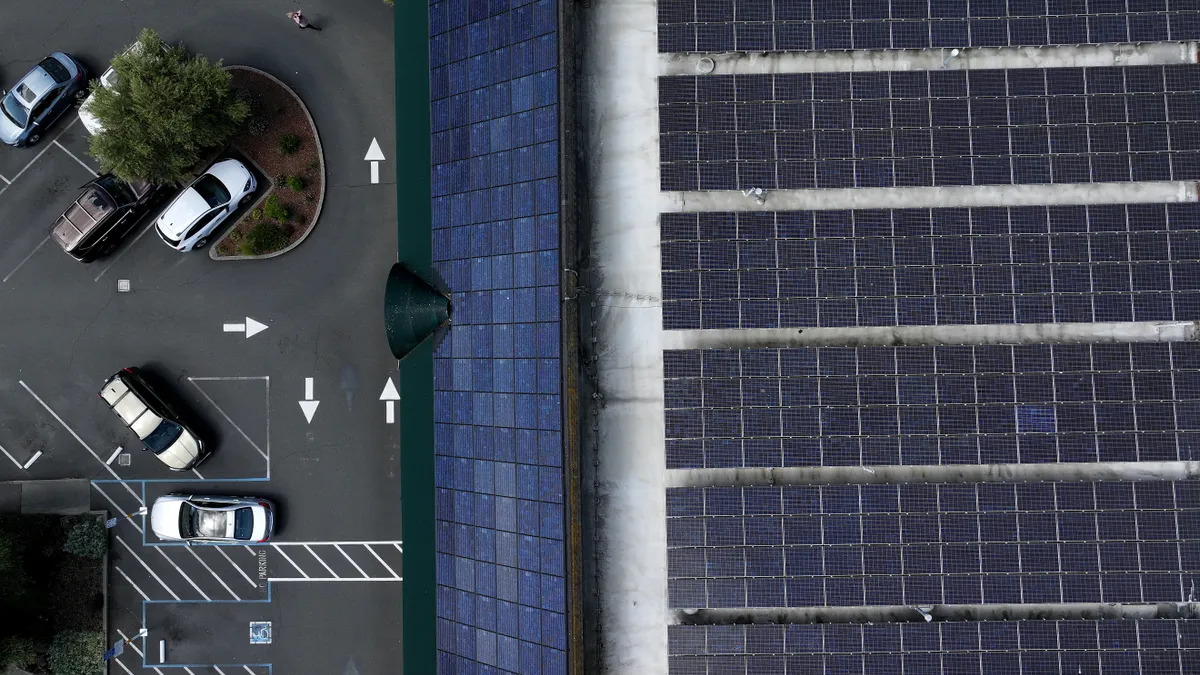Dive Brief:
-
The California Assembly’s Utilities and Energy Committee last week approved SB 100, moving the state one step closer to its 100% renewable energy goal.
-
SB 100 would increase California’s current renewable portfolio standard to 60% by 2030 and establish a goal of meeting 100% renewable energy by 2045.
- If the bill becomes law, California would be the second state, after Hawaii to strive for 100% renewables. But unlike Hawaii, California's 100% renewable energy goal is not a mandate.
Dive Insight:
In June, California’s Senate passed SB 100 in a 25 to 13 vote. The bill has now passed its first hurdle in the Assembly.
California’s investor-owned utilities are already well on their way to meeting existing renewable targets. In aggregate, they meet 27.6% of their load with renewable energy sources, putting them about half way to the current 50%-by-2030 target.
But the path to achieving the 100% goal will not be easy. Hawaii is a small, isolated economy with one dominant electricity supplier and high power prices that support a transition to alternative power resources. California's economy, on the other hand, is more complex and diverse.
With the 5th largest economy in the world, California's interests range from Hollywood to its strong oil sector, making passing and implementing such an ambitious renewable energy bill a difficult feat.
But eight California cities already pledged to transition to 100% renewable energy, and consumers are clamoring for cleaner energy by defecting to community choice aggregation programs. Last month, Santa Barbara became the 37th city in the United States to adopt the 100% goal with a target date set for 2030.













